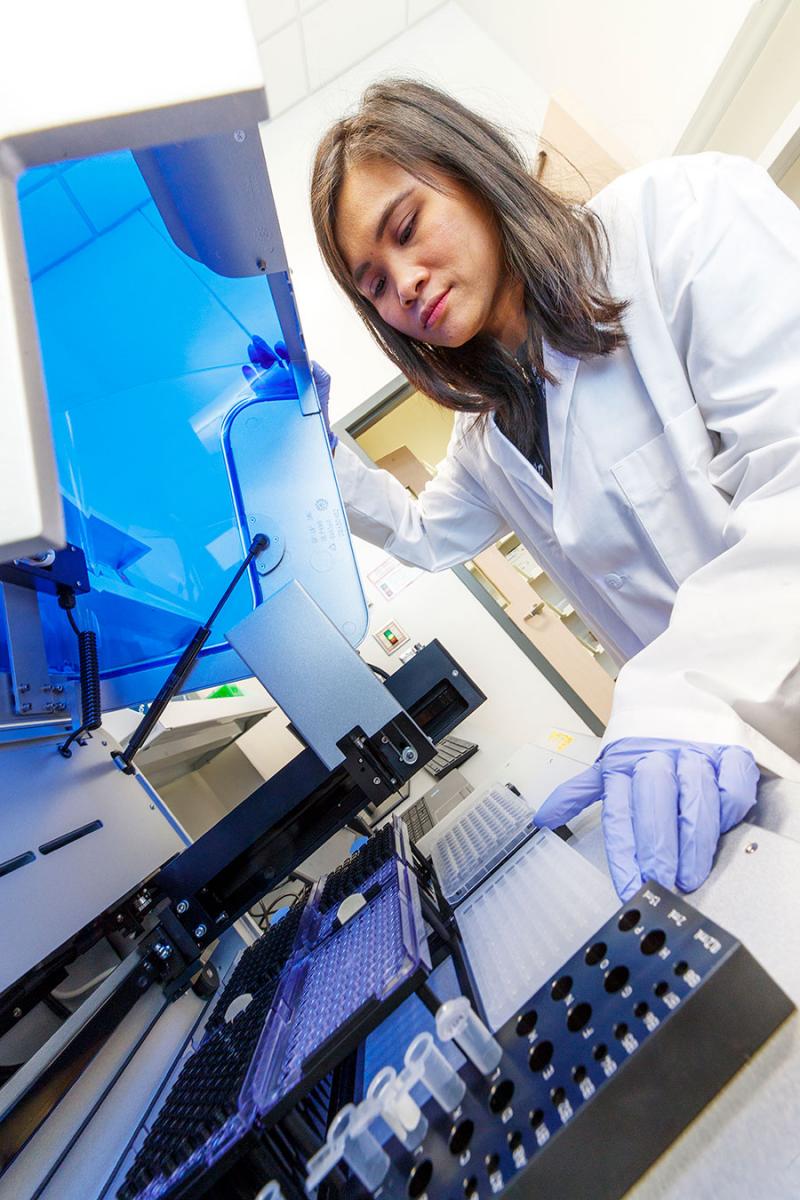Why Routine Testing Protects Your Pet’s Well-Being
Why Routine Testing Protects Your Pet’s Well-Being
Blog Article
The health of pets is a top priority, and keeping them healthy requires effort. Veterinary diagnostic services are pillars of modern pet care in identifying health issues for companion animals.
Here, we’ll discuss why pet diagnostics are vital and highlight the most common exams.
What Are Veterinary Labs?
Diagnostic labs for pets provide health assessments for testing biological materials. Veterinary professionals use these labs to make accurate diagnoses.

Typical procedures usually includes:
- Obtaining specimens: Health markers are prepared for analysis.
- Laboratory analysis: Modern technology analyze the findings.
- Reporting outcomes: Labs share results with veterinarians for your pet’s benefit.
Essential Tests in Veterinary Labs
Labs provide diverse options for health checks to manage chronic problems. Frequently used procedures include:
- Hematology panels: Assess organ function.
- Urine diagnostics: Check for diabetes.
- Parasite checks: Detect worms or parasites.
- Allergy panels: Address skin issues.
- X-rays and ultrasounds: Evaluate bone and joint health.
Why Diagnostic Exams Are Essential
Ongoing evaluations improves pet care. By identifying issues early, your pets stay healthier longer.

The value of testing include:
- Proactive care: Chronic issues are managed.
- Avoiding costly emergencies: Ongoing health is monitored affordably.
- Trust in their well-being: Regular tests keep you informed.
laboratório veterinário pró vita
Why Testing Matters for Dogs and Cats
Animal diagnostic centers ensure pets get the best care possible. By using these valuable resources, you ensure your pets are healthy.
Schedule a diagnostic exam now and help them live their best lives!
Report this page